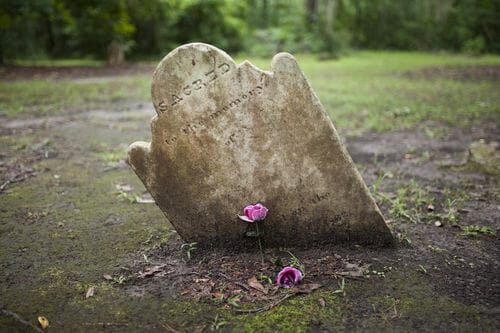 There are moments when heaven seems to intersect earth. A person who can’t afford their next meal suddenly opens the door to find a stranger with a bag of groceries and a story of how God directed them there. A person who sees no reason to live, suddenly encounters what they believe is a sign from God and a new reason to live. A person near death tells of encountering God and being assured that it was not yet their time. These are times when heaven and earth seem to intersect.
There are moments when heaven seems to intersect earth. A person who can’t afford their next meal suddenly opens the door to find a stranger with a bag of groceries and a story of how God directed them there. A person who sees no reason to live, suddenly encounters what they believe is a sign from God and a new reason to live. A person near death tells of encountering God and being assured that it was not yet their time. These are times when heaven and earth seem to intersect.Genesis chapter 28 is about such an intersection between heaven and earth. Jacob is on the run because he’s lied to his father and cheated his brother out of his birthright. One night, in the middle of a fitful sleep, Jacob sees a ladder, resting on the earth and reaching into heaven. He also sees angels moving back and forth between heaven and earth. Jacob finds himself at the intersection of the temporal and eternal. The realization changes Jacob, causing him to pledge himself and what he has to God.
As Christ followers, were are people of the intersection. We are the blurring of the lines between the temporal and the eternal. We are the ones with our feet planted on the earth and our hearts and hands reaching for Heaven. We are the portal through which God chooses to move between the two. We are the Bethel…the house of God. (1 Cor. 6:19)
At any given moment, you stand at the intersection between heaven and earth. Whether you’re at home, on the ball field, at work or school, you’re on holy ground. God wants to bridge the gap between Earth and Heaven with you. Let this realization change you and make you more open and sensitive to what God wants to do through you today.
Bret Legg is the Teaching and Counseling Pastor at Warren Baptist Church in Augusta, GA.








